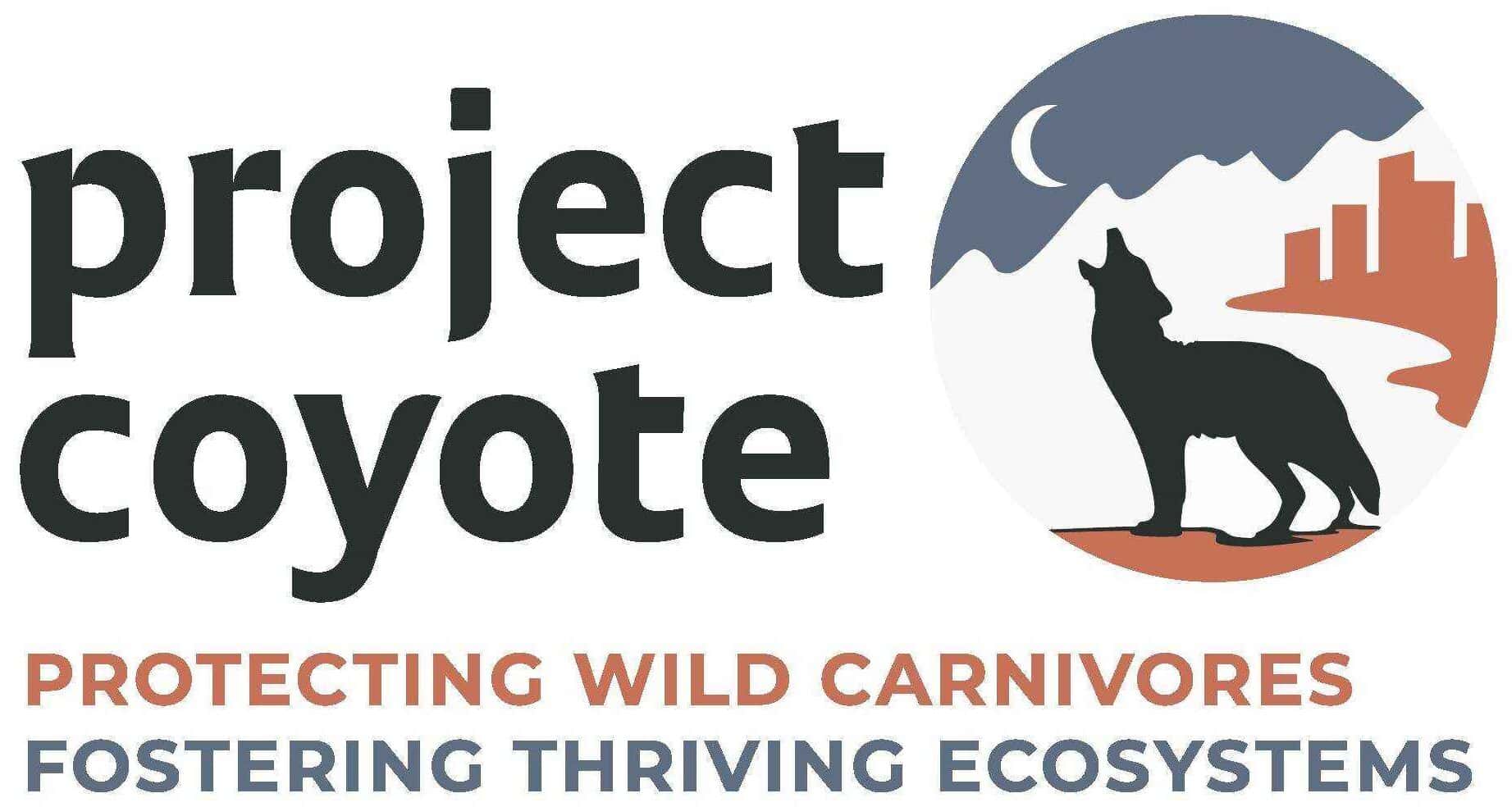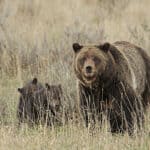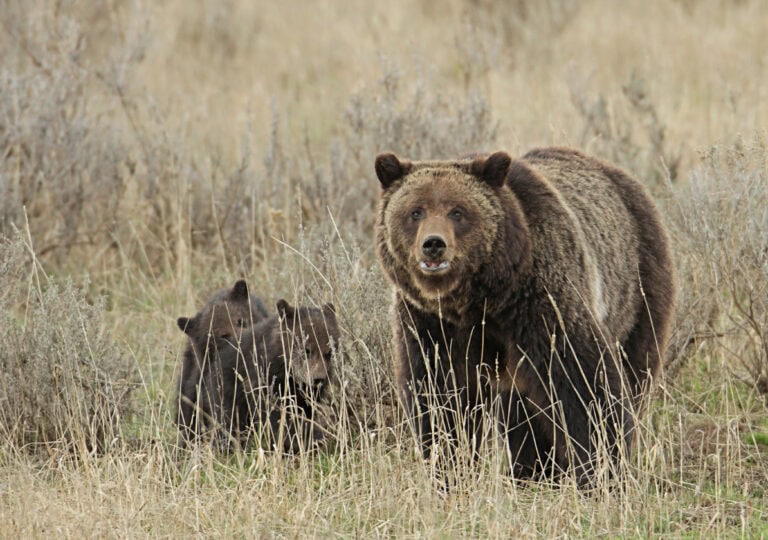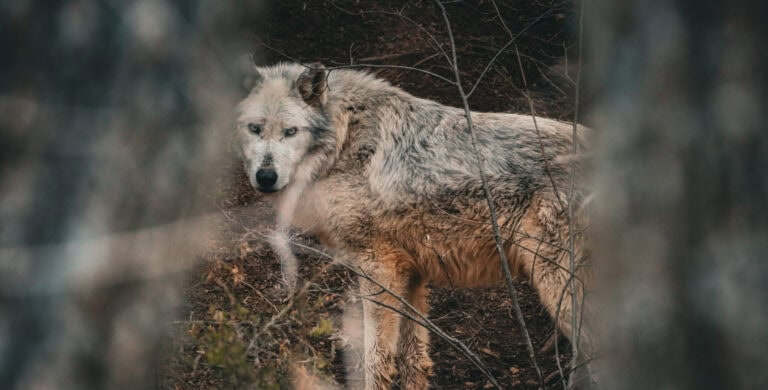The California Legislature is currently considering two bills—AB 1788 and SB 1175—that each have enormous impact on wildlife in the state. See below for how you can take action to help make sure these bills pass!
~ AB 1788 ~![]()
AB 1788, the California Ecosystems Protection Act—a moratorium bill on the use of second-generation anticoagulant rodenticides—made it out of Senate Appropriations suspense on August 20 by a vote of 5-2 and is expected to be heard on the Senate floor this week. Advocates are working hard to push it through before the legislative session ends on August 31. The current bill language places a statewide moratorium on these dangerous poisons until the Department of Pesticide Regulation finishes its evaluation of their use and the Department of Fish and Wildlife determines that they will not result in significant adverse effects to non-target wildlife. Read more here.
1. FIRST, please call your state Senator AND Assemblymember. Let them know you are a constituent and tell them you support AB 1788, and urge them to vote YES on this bill. If you are uncertain who your Senator or Assemblymember is, you can input your address to find out here.
2. NEXT, please send an email message through the State’s “Position Letter” portal. You may simply write, “As your constituent, I ask you to please vote YES on AB 1788. This legislation will prevent ecological destruction and protect wild animals from suffering cruel and unnecessary deaths.” Please consider personalizing your message—additional talking points below.
AB 1788 Talking Points: ![]()
- These poisons are widespread and are devastating local animal populations. One meta-analysis of 11 studies found that more than 85% of California mountain lions, bobcats and Pacific fishers have been exposed to anticoagulant rodenticides.
- Rodenticides have widespread and detrimental impacts on the very species that help regulate rodent populations, including bobcats, coyotes, foxes, hawks, eagles, and owls.
- Rodenticides are counterproductive to long-term pest management solutions for rodent control because they destroy the health of California’s ecosystems by indiscriminately poisoning, harming and killing native wildlife that eat poisoned rodents.
- Data demonstrate that more than 80 percent of native carnivore species—including bobcats, coyotes, foxes and cougars, spotted owls, Pacific fishers, and other endangered animals—have been exposed to these poisons. In March, a mountain lion who died in the wilderness west of Los Angeles had six compounds of a rat poison in his system. Rodenticides can cause a slow, agonizing death for the animals who ingest them and can weaken their immune systems, making them vulnerable to mange and other diseases.
- In addition to harming wildlife, anticoagulant rodenticides pose a dangerous risk to children who may accidentally ingest these highly toxic poisons. Between 1999 and 2009, the American Association of Poison Control Centers received reports of an average of 17,000 human exposures to rodenticides each year, and roughly 15,000 of those exposures occurred in children less than six years of age.
- Rodenticides are one of the top ten pet toxins.
- At least 29 jurisdictions in California have passed resolutions discouraging stores from selling rodenticides.
- There are more humane, safer alternatives to deadly rat poison, including sealing buildings and eliminating food attractants, using humane repellents and employing sterilization techniques.
~ SB 1175 ~
SB 1175 has passed the Senate and is now up for a full Assembly floor vote in the coming days. This critical legislation addresses the spread of global pandemics—which have been linked to selling and butchering wildlife, particularly those animals who are trafficked from the wild and sold in live animal markets. In addition to banning cruel live animal markets, SB 1175 prohibits the possession of hunting “trophies” from certain species of African wildlife in California. It’s crucial that your Assemblymember hears from you, a constituent, that you’d like him or her to vote “yes” on SB 1175.
1. FIRST, please call your state Assemblymember. Let them know you are a constituent and tell them you support SB 1175, and urge them to vote YES on this bill. If you are uncertain who your Assemblymember is, you can input your address to find out here.
2. NEXT, please send an email message through the State’s “Position Letter” portal. You may simply write, “As your constituent, I ask you to please vote YES on SB 1175 to ban the possession of any part of iconic African species protected under the bill and to prohibit the operation of cruel live animal markets.” Please consider personalizing your message—additional talking points below.
SB 1175 Talking Points:
- SB 1175 would ban the sale of frogs, turtles, and certain bird species in live animal markets, as well as the importation of live wild animal species that pose a zoonotic disease risk. Animals endure harrowing journeys to these markets and are held in cramped, often unsanitary cages for long periods of time. These places can be so stressful for animals that they become immune-compromised, which can lead to increased risks of disease transmission to humans.
- The international wildlife trade not only poses a disease risk to people, but is a threat to biodiversity. Whether it’s dead animals brought in as trophies or curios, or live animals imported as pets or food, our unsustainable appetite for wildlife is one of the main drivers of the extinction crisis. Passage of SB 1175 is critical to address the dangerous and environmentally destructive wildlife trade.
“California must not be complicit in the brutal wildlife trafficking that threatens our public health and undermines our values. This is our chance to be global leaders by cracking down on this brutal trade with the power of the world’s fifth largest economy.”
~ Senator Henry Stern, author, SB 1175
Thank you for helping protect California’s wildlife!
For Compassionate Coexistence,

Camilla H. Fox
Founder & Executive Director






